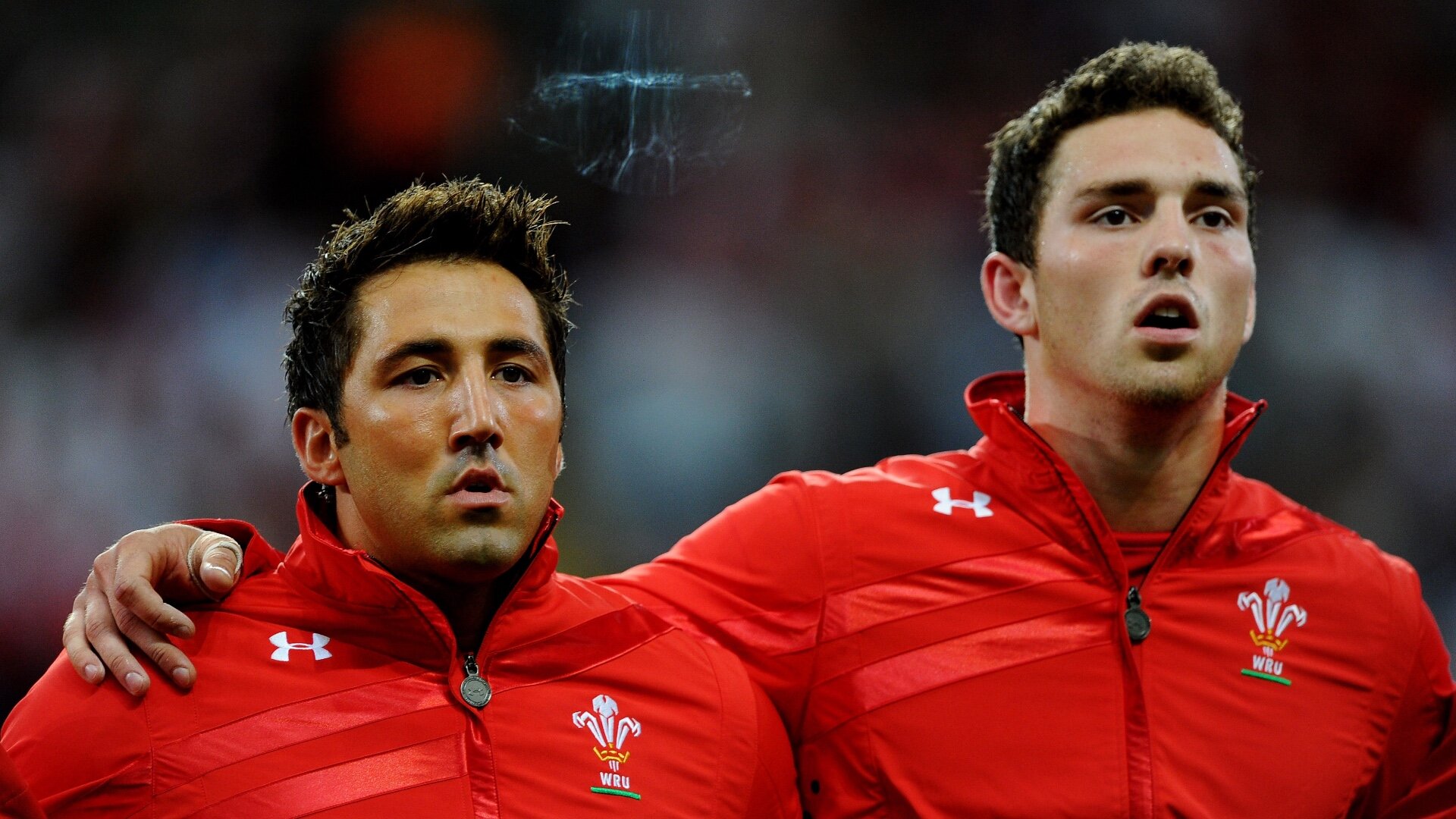Gavin Henson queries residency rules after two more Kiwis become 'Welsh'

Willis Halaholo and Johnny McNicholl are not the first players to qualify for a country on residency, and they will not be the last, but their inclusion in Wayne Pivac’s Wales squad has not pleased everyone.
The Wales squad already has Hadleigh Parkes in it, a player born and raised in New Zealand who moved to Wales in 2014, but the latest inclusion of Cardiff Blues’ Halaholo and Scarlets’ McNicholl, both of whom are also from New Zealand, have proven quite contentious.
Former Wales and British and Irish Lions international Gavin Henson is one player to speak up about this selection, describing it as “so wrong” on Twitter.
Fans were quick to quiz Henson about his former Wales team-mates such as Sonny Parker, Brent Cockbain and Hal Luscombe, who were born in New Zealand, Australia and South Africa respectively. He said that he told them that he thought it was wrong at the time.
This is so wrong. 😤 pic.twitter.com/iWZuoTRj80
— Gavin Lloyd-Henson (@gavinhenson82) November 19, 2019
The 37-year-old was emphatic in stressing that those who qualify to play for Wales on residency grounds are not Welsh.
The former Dragons centre was also questioned about the current Wales squad that has a number of players born in England such as George North, Jonathan Davies and Ross Moriarty.
To this Henson replied: “Parent or grandparent is totally fine. Residency should only count if they’ve spent a certain amount of time in that country in their childhood.”
Parent or grandparent is totally fine. Residency should only count if they’ve spent a certain amount of time in that country in their childhood. https://t.co/izXlSCUFPa
— Gavin Lloyd-Henson (@gavinhenson82) November 20, 2019
This may muddy the waters somewhat, but it seems that Henson only objects to players that have qualified to play for another country as professional rugby players, like Halaholo and McNicholl.
This still raises questions about a player like Gareth Anscombe, who grew up in New Zealand and represented their under-20s, but qualified for Wales through a parent.
Anscombe and North both have a Welsh parent, but the winger has spent the majority of his life living in Wales, and their cases are ostensibly different. It is therefore understandable why some might have objected to the fly-half’s Wales call up, even though it was not on residency grounds.
View this post on Instagram
ADVERTISEMENT
It is reasonable to suggest that there will never be a consensus among all players, fans and coaches as to what truly determines whether a player can represent a certain country.
While World Rugby have extended the residency qualification period from three years to five as of December 31, 2020, it is still probably not enough to placate those that agree with Henson and this will always be a controversial topic.
WATCH: RugbyPass looks back on some of our favourite moments with the fans at the World Cup in Japan



















































